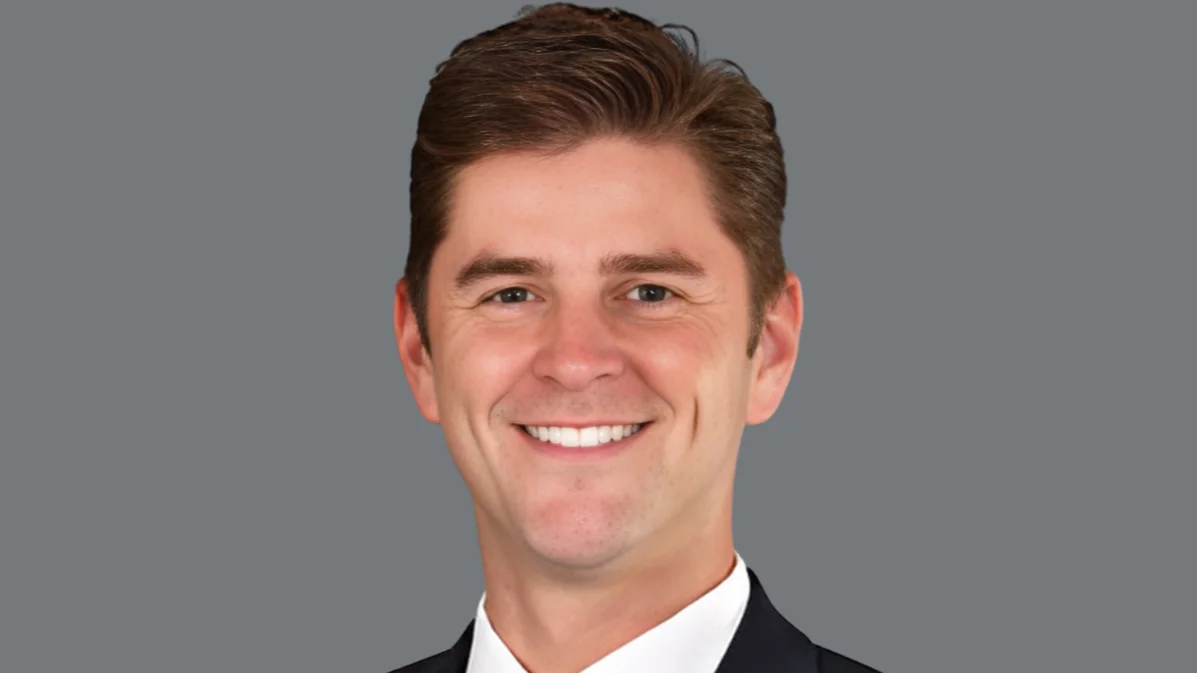Ryan Spain, Illinois State Representative for 73d District | Official Website
Ryan Spain, Illinois State Representative for 73d District | Official Website
In mid-October, the Illinois General Assembly will reconvene in Springfield for its annual Veto Session, which is set to take place over two separate weeks: October 14-16 and October 28-30. The primary purpose of the session is to review legislation from the spring that was vetoed by the Governor, either fully or with amendments. Lawmakers can override a veto with a three-fifths majority in both chambers or accept an amendatory veto.
Beyond reviewing vetoed bills, legislators often use this session to address unresolved or new policy issues. This year, two significant topics may be considered: financial support for Chicagoland mass transit agencies facing a substantial budget shortfall exceeding $770 million, and the introduction of a new green energy package.
The funding crisis for mass transit agencies under the Regional Transportation Authority (RTA) has been attributed partly to their use of federal COVID-19 relief funds for regular operations rather than pandemic-related one-time expenses. During the previous session, Democratic lawmakers proposed measures that included several tax increases to address the issue, notably suggesting a $1.50 delivery tax on most home-delivered packages—including groceries.
"Home delivery, especially for essentials, has become a lifeline for many families," said Deputy House Minority Leader Ryan Spain. "At a time when high prices on essentials are already hurting family budgets across the state, adding a new delivery tax on top of the sales taxes families are already paying would be devastating."
Additional tax proposals may also return during this session. One such idea involves expanding service taxes to more than eighty common services—such as parking, haircuts, dry cleaning, oil changes, and even home repairs—which could increase costs significantly for residents.
"We fully expect the service tax conversation to come back during Veto Session this fall," said Deputy House Minority Leader Norine Hammond. "This is a clear sign that Illinois families and small businesses are going to be asked to do more to fill the void for Democrats’ failed financial stewardship of our government. A service tax will drive up the cost of living even more for Illinois families."
Energy policy is also expected to feature prominently. Some Democratic lawmakers and environmental groups advocate further expansion of green energy policies despite concerns about rising energy costs linked to existing measures. Current proposals include an electric bill surcharge to fund battery storage projects, relaxing certain nuclear power restrictions, and introducing new efficiency requirements.
"Speaker Welch and Governor Pritzker like to pretend Illinois is leading the way on energy. But the truth is we are falling further behind while utility bills skyrocket, manufacturing jobs are at risk, and investment dollars leave our state," said House Minority Leader Tony McCombie. "Fortunately, Illinois is blessed with one of the strongest nuclear fleets in the nation. Instead of chasing unrealistic green energy deadlines and expensive subsidies, we should focus on reliability and affordability. Families don’t care about ‘green’ slogans; they care about whether they can afford their electric bill and whether the lights stay on when it’s 100 degrees or -10."
Debate over energy policy coincides with concerns regarding Illinois’s Biometric Information and Privacy Act (BIPA). Some business leaders argue that strict regulations combined with energy limitations could discourage investment and lead to job losses in sectors such as technology and construction.
The state's fiscal health remains another area of concern heading into this year's session. Since taking office, Governor J.B. Pritzker has increased state spending by around 40% and signed off on Illinois's largest-ever budget at $55.2 billion in July 2025. Last week he ordered state agencies to look for potential savings by reserving part of their appropriations and curbing nonessential spending due to possible revenue shortfalls.
House Republicans have criticized what they see as excessive spending practices by Democrats over recent years.
There may also be discussion around changes proposed by Democrats regarding mandatory voting for eligible citizens and modifications to local election procedures across Illinois.
Issues not currently being prioritized by majority party leaders ahead of this Veto Session include broad-based tax relief for families or small businesses; reforms related to sanctuary state policies; adjustments or repeal of public safety legislation such as the SAFE-T Act; or ethics reforms targeting government corruption.
Spain was elected as a Republican representative for Illinois's 73rd House District in 2017 after succeeding David R. Leitch.





 Alerts Sign-up
Alerts Sign-up